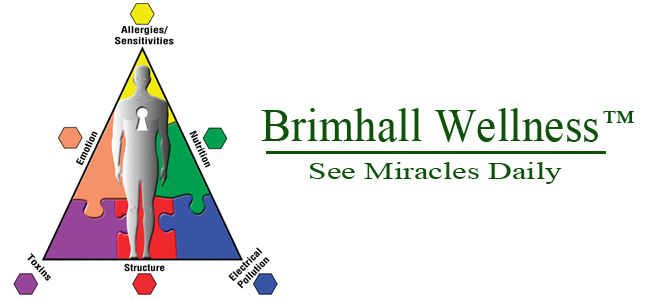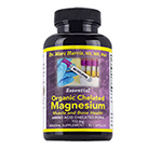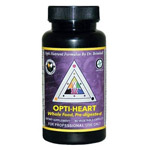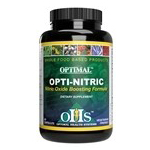
Blood Pressure and Heart Health
65%
of adults over the age of 50 are living with above-normal blood
pressure in the US. This increases their risk of heart attack and
stroke. High blood pressure can also put us at higher risk for
developing dementia later in life.1
In a study published in the Journal of the American Heart Association,
a team of researchers proved that “working out” your breathing muscles
(known as the inspiratory muscles) as well as your diaphragm for five
minutes a day can promote healthy blood pressure at any age.2
The team recruited 36 adults ages 50 to 70 with above-normal systolic
blood pressure. Half the participants were randomly assigned to do a
novel routine known as high-resistance Inspiratory Muscle Strength
Training (IMST).
They used various devices that made it much harder to inhale – giving
their breathing muscles a high-intensity workout. The other half
underwent placebo treatment.
After six weeks of “working out,” the group that underwent IMST treatment saw their systolic blood pressure lower by 9 points on average. This improvement is associated with up to a 40% lower risk of death from cardiovascular disease.
That would be enough reason to start this workout immediately. But the group saw additional benefits, including:
- 45% improvement in the ability for arteries to expand
- Increased nitric oxide production
- Reduced inflammation
- oxidative stress declined significantly
- Improved brain functions
The benefits continued when the study ended. Six weeks after the
participants stopped doing the IMST workout; they maintained most of the
blood pressure benefits they gained.
Just 5 minutes a day helps the heart.
In the study, the group used a special device called an inspiratory muscle trainer to restrict airflow.
But you don’t need to purchase any equipment.
You can get the same results using your thumbs or a thumb and index
finger or both index fingers to constrain airflow through the nostrils
by 75%. Here’s how to do it:
- Sit
down and put one hand in front of the other, leaving both thumbs
pointing upright or both index fingers, or a thumb or index finger of
the same hand to accomplish restriction.
- Place each thumb or index fingers on each of the nose and squeeze your nostrils closed, about 75%.
- Inhale, breathe deeply and expand your diaphragm for about 7 to 8 seconds.
- Remove your thumbs or thumb/finger, and exhale forcibly for a count of 3.
- Repeat 30 times.
It
won’t feel easy or natural when you inhale. That is the point. We need
to accomplish short term stress to our bodies to promote increased
healing and function. This is like weightlifting for your respiratory
system. You’ll feel your inspiratory muscles as well as in your
diaphragm working harder.
Nutritional Support:
-
Use nature’s own blood pressure “prescription.” Magnesium
is your body’s natural blood vessel relaxer. In a review of 34 studies
covering more than 2,000 patients, researchers found that taking
magnesium daily for one month lowered systolic pressure by 2 mmHg and
diastolic pressure by 1.8 mmHg.3 We use Dr Harris’s formulation Essential Magnesium from OHS.

-
Also consider Opti-Heart and Opti-Nitric for nutritional heart and blood vascular support. They can be a prudent addition.


References:
1. CDC. “5 Surprising Facts about High Blood Pressure | Cdc.gov.”
Centers for Disease Control and Prevention, 9 Nov. 2020,
www.cdc.gov/bloodpressure/5_surprising_facts.htm#:~:text=High%20blood%20pressure%20affects%20nearly.
Accessed 7 Oct. 2022.
2. Craighead D, et al. “Time-efficient inspiratory muscle strength
training lowers blood pressure and improvs endothelial function, NO
bioavailability, and oxidative stress in midlife/older adults with
above-normal blood pressure.” JAHA. 2021;10(13)
3. Zhang X, et al. “Effects of magnesium supplementation on blood
pressure: A meta-analysis of randomized double-blind placebo-controlled
trials.” Hypertension. 2016;68(2):324-333.
Yours in Health and Wellness,
John W Brimhall, DC, BA, BS, FIAMA, DIBAK

(Only registered customers can rate)
There are no comments for this product.